
Feel free to add tags, names, dates or anything you are looking for
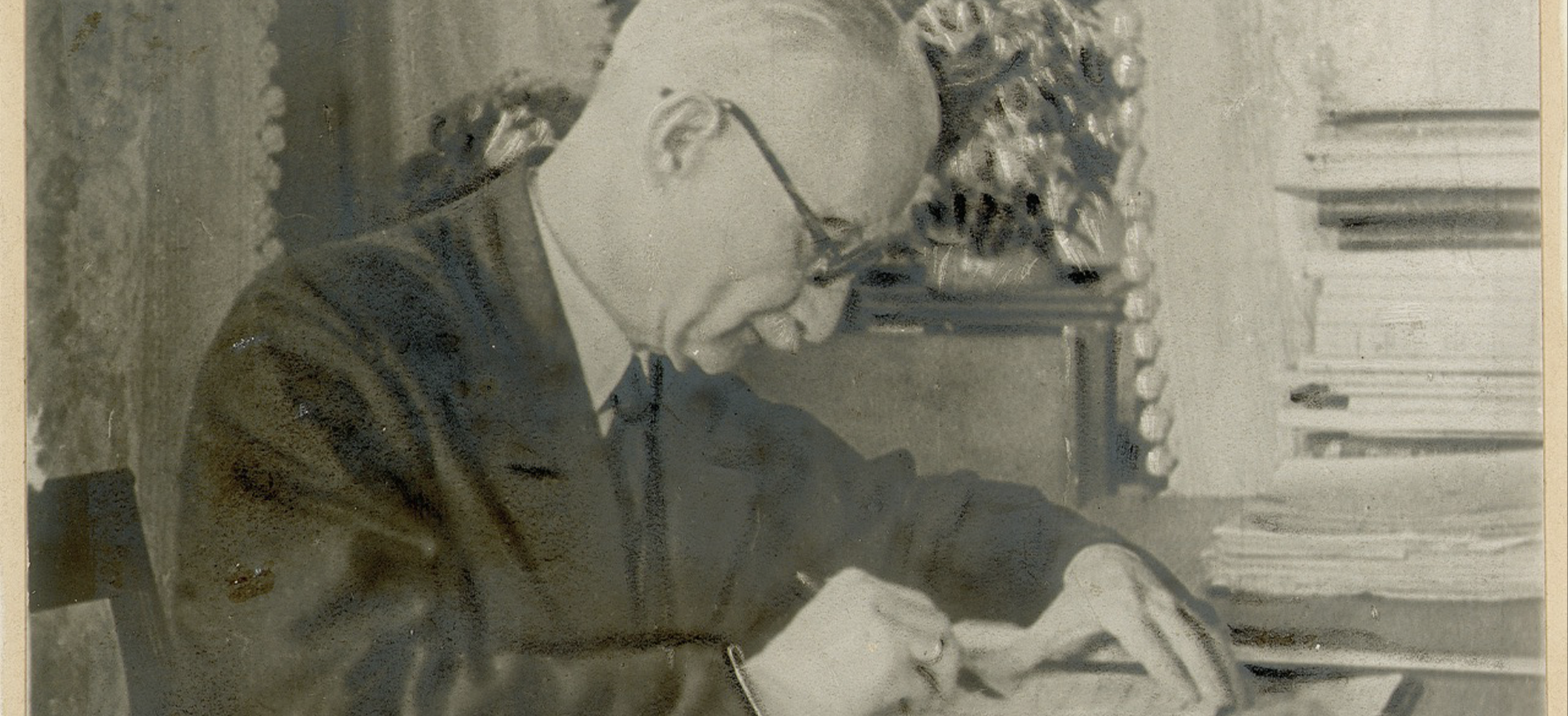
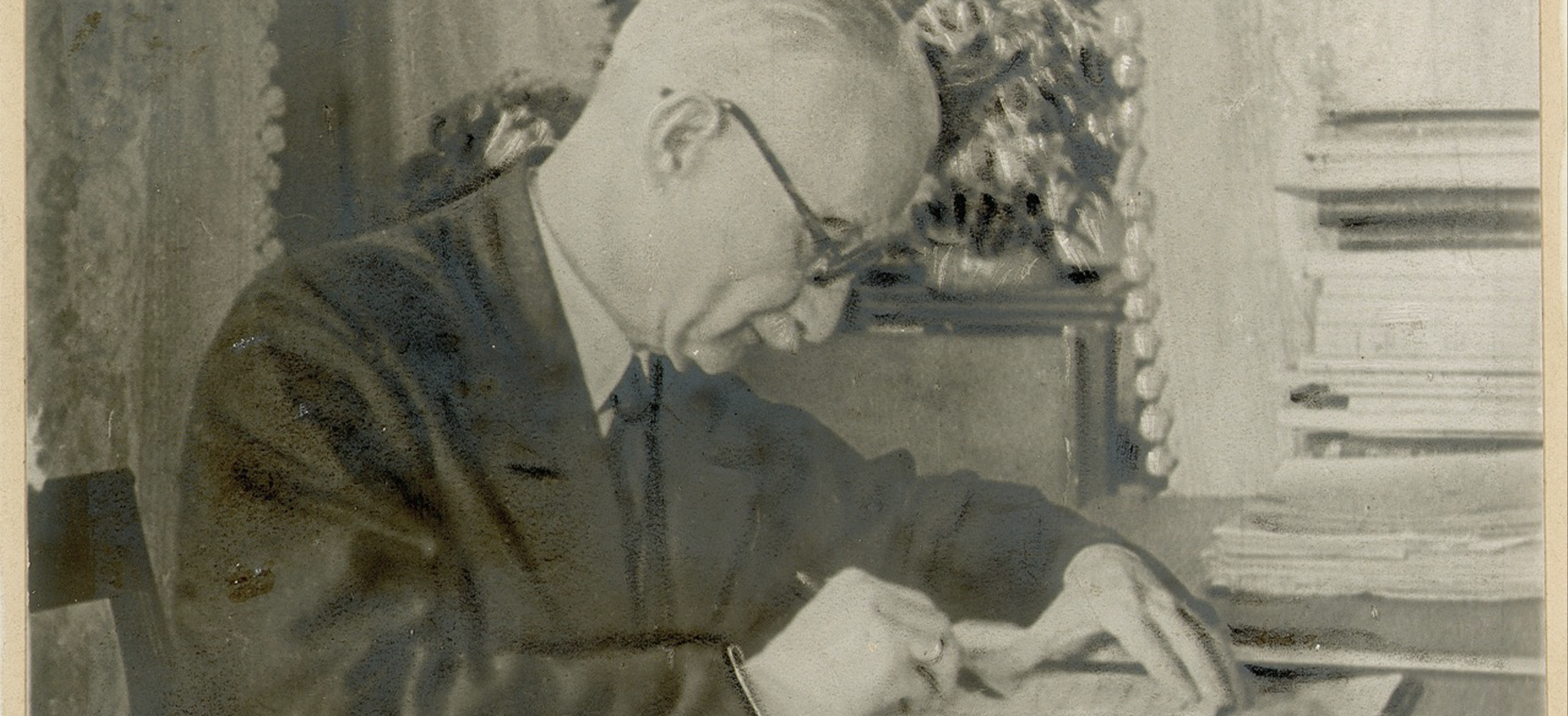
The second half of the 19th century and the early 20th century are thought of as a significant period in the development of the humanities in Georgia. During this time, the foundation was laid for the scientific study of both classical and modern Georgian literature, the Georgian language, history, philosophical thought, and Georgian law.
Georgian scholars Dimitri Bakradze, David Chubinashvili, Aleksandre Tsagareli, Tedo Zhordania, Sergi Gorgadze, Ekvtime Takaishvili, Korneli Kekelidze, Akaki Shanidze, Giorgi Akhvlediani, Dimitri Uznadze, Ioseb Kipshidze, and many others made significant contributions to the advancement of Georgian human sciences. However, the role of the distinguished historian and public figure Ivane Javakhishvili in the development of almost all fields of the humanities is especially remarkable. His work marked the beginning of a new era in Georgia—not only in the development of historical studies, but also in many related fields.
_Large.jpeg)
Ivane Javakhishvili in his office, 1930s
Born on April 23, 1876, in Tbilisi, Ivane Javakhishvili came from a noble Georgian family — his father was Prince Alexander Javakhishvili, and his mother was Sophio Vakhvakhishvili, the daughter of a Georgian prince. He graduated with honors from the Tbilisi Gymnasium in 1895, and continued his studies at the Faculty of Oriental Languages at St. Petersburg University, where he specialized in Armenian-Georgian-Iranian philology and history.
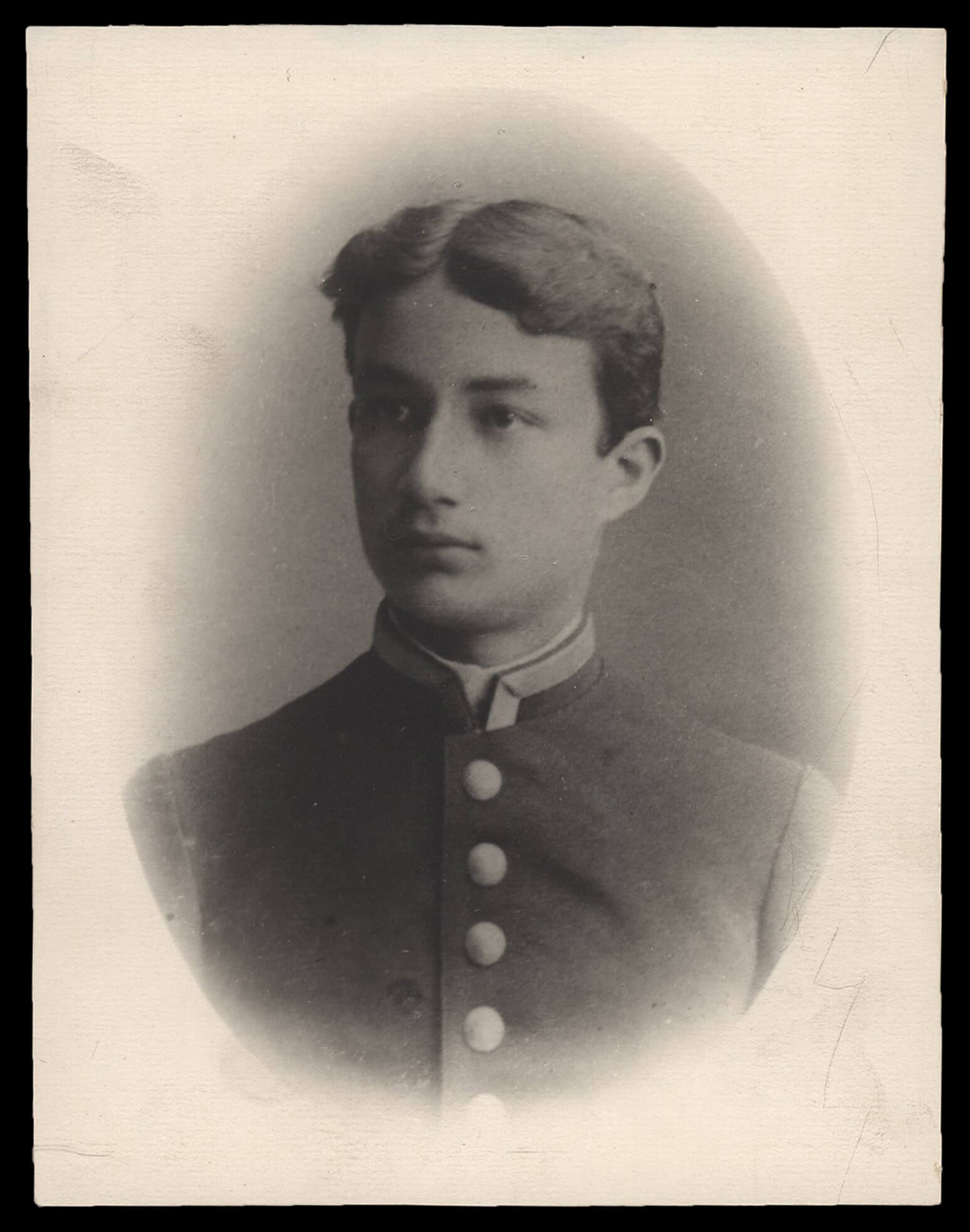
Ivane Javakhishvili as a gymnasium student
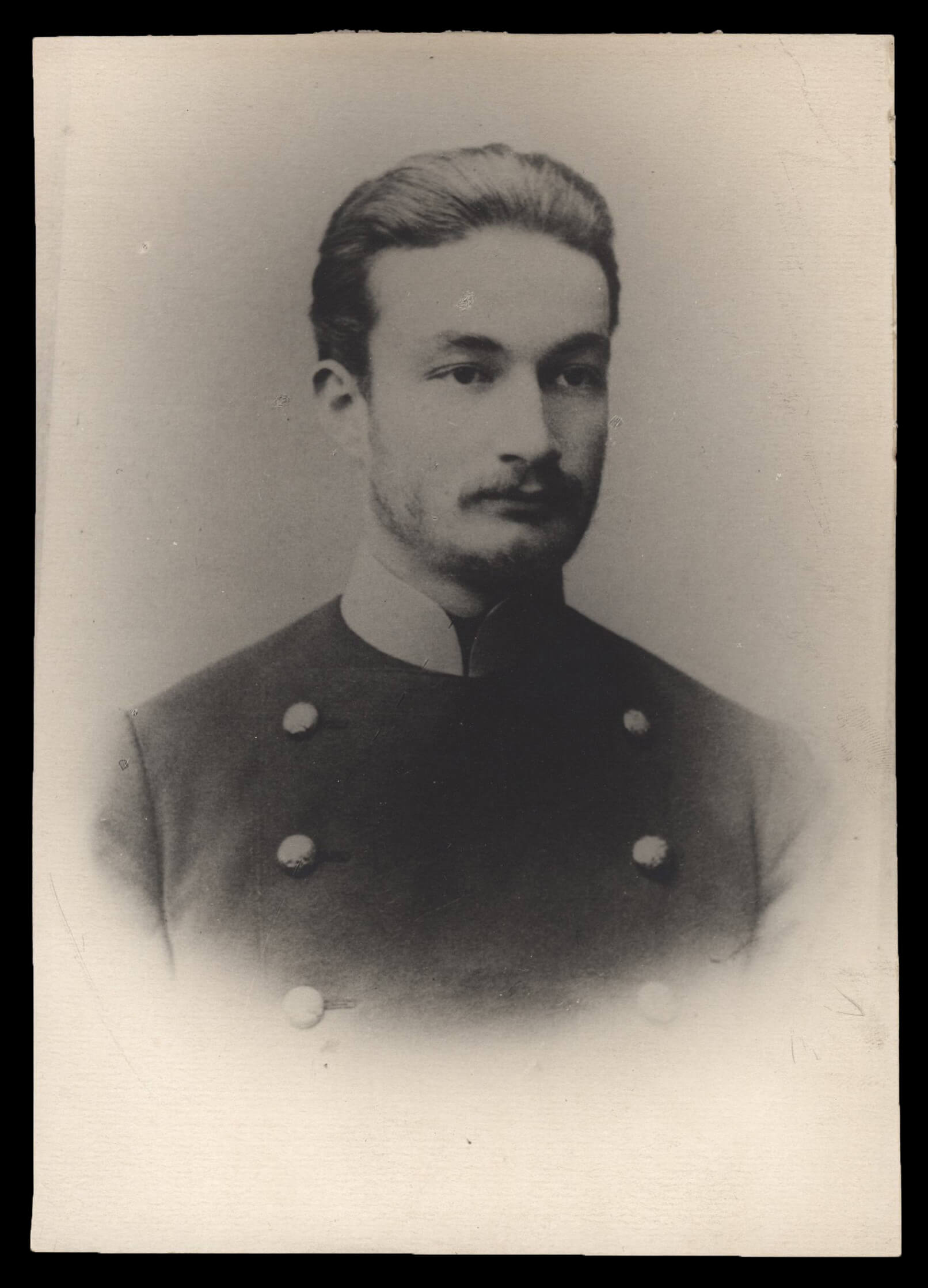
Ivane Javakhishvili as a student at St. Petersburg University
By 1899, Ivane Javakhishvili had already distinguished himself as a promising scholar. He was invited to stay at the university to prepare for a professorship, and successfully passed his master’s exams in early 1901. During his university years, Javakhishvili spent a significant amount of time in Germany, particularly at the University of Berlin, where he attended lectures delivered by leading German orientalists. On his second research trip to Germany in 1901, he met renowned scholars Adolf Harnack and Karl Schulze. Together, they worked on the German translation, commentary, and publication of ancient Georgian hagiographic texts, including The Martyrdom of St. Eustathius of Mtskheta and The Martyrdom of Abo of Tbilisi.
In 1902, Ivane Javakhishvili joined the renowned linguist Niko Marr on a scientific expedition to Mount Sinai, where they visited Saint Catherine’s Monastery. There, they discovered, copied, and photographed numerous previously unknown Georgian manuscripts.
Until 1917, Javakhishvili served as a privat-docent at St. Petersburg University, where he delivered a range of lecture courses on the history of Georgia and Armenia, Georgian-Armenian source studies, and paleography. From 1907 onward, he was a member of the Georgian Historical and Ethnographic Society, established in Tbilisi under the leadership of Ekvtime Takaishvili. During his visits to Georgia, Javakhishvili was actively involved in the society’s work. He delivered public lectures in both Tbilisi and Kutaisi on topics including the history of Georgia, Georgian literature, and broader aspects of cultural history.
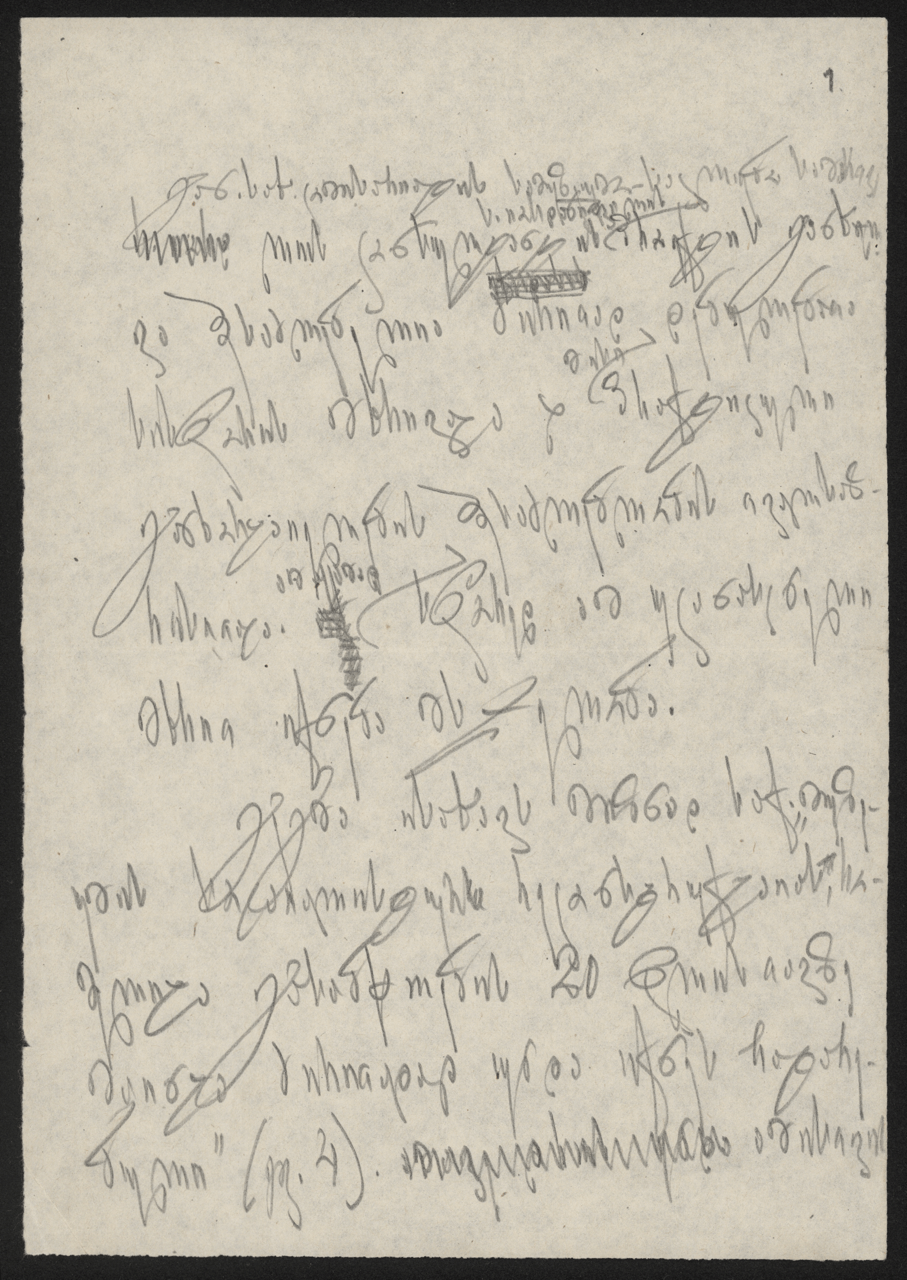
Ivane Javakhishvili's signature (Review of the Reconstruction Plan for the Georgian State Museum presented by I. Songhulashvili)
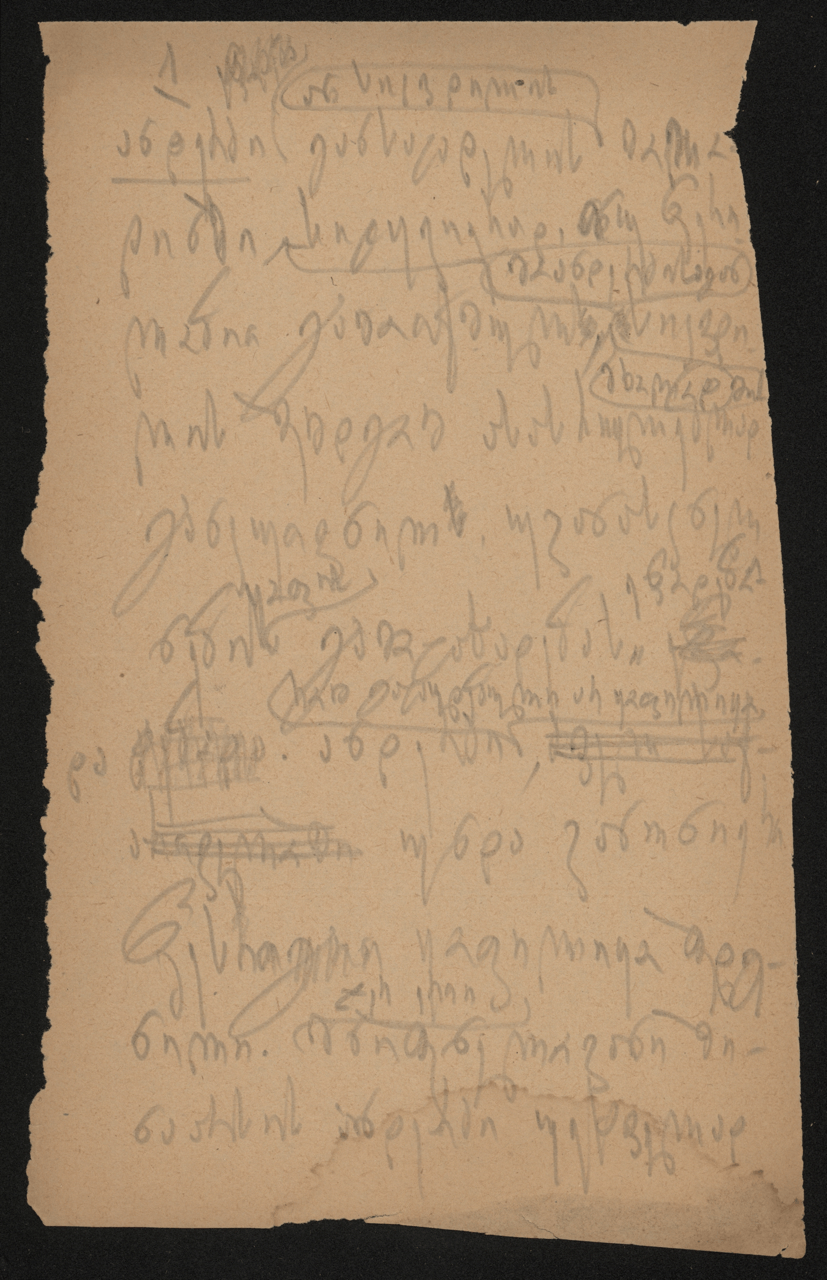
Autograph on one of Ivane Javakhishvili's works
Ivane Javakhishvili dreamed of founding a higher education institution in Georgia—specifically in Tbilisi—that would serve as a strong foundation for the advancement of Georgian science. While still in St. Petersburg, he began actively working on the establishment of a university in Georgia’s capital. In 1907, on his initiative and under his leadership, a Georgian students’ scientific circle was founded in Tbilisi, its mission being to promote the revival of Georgian science and, at the same time, to support the idea of creating a Georgian university by laying the necessary groundwork.
Talented Georgian students took part in the work of this scientific circle, presenting papers and contributing to its activities. Many of them later became prominent scholars. In 1918, under the leadership of Ivane Javakhishvili, they went on to establish the first and largest scientific and educational institution in the Caucasus — Tbilisi University, which today bears his name (in 1919-1926, he was the rector of the university and head of the Department of Georgian History).
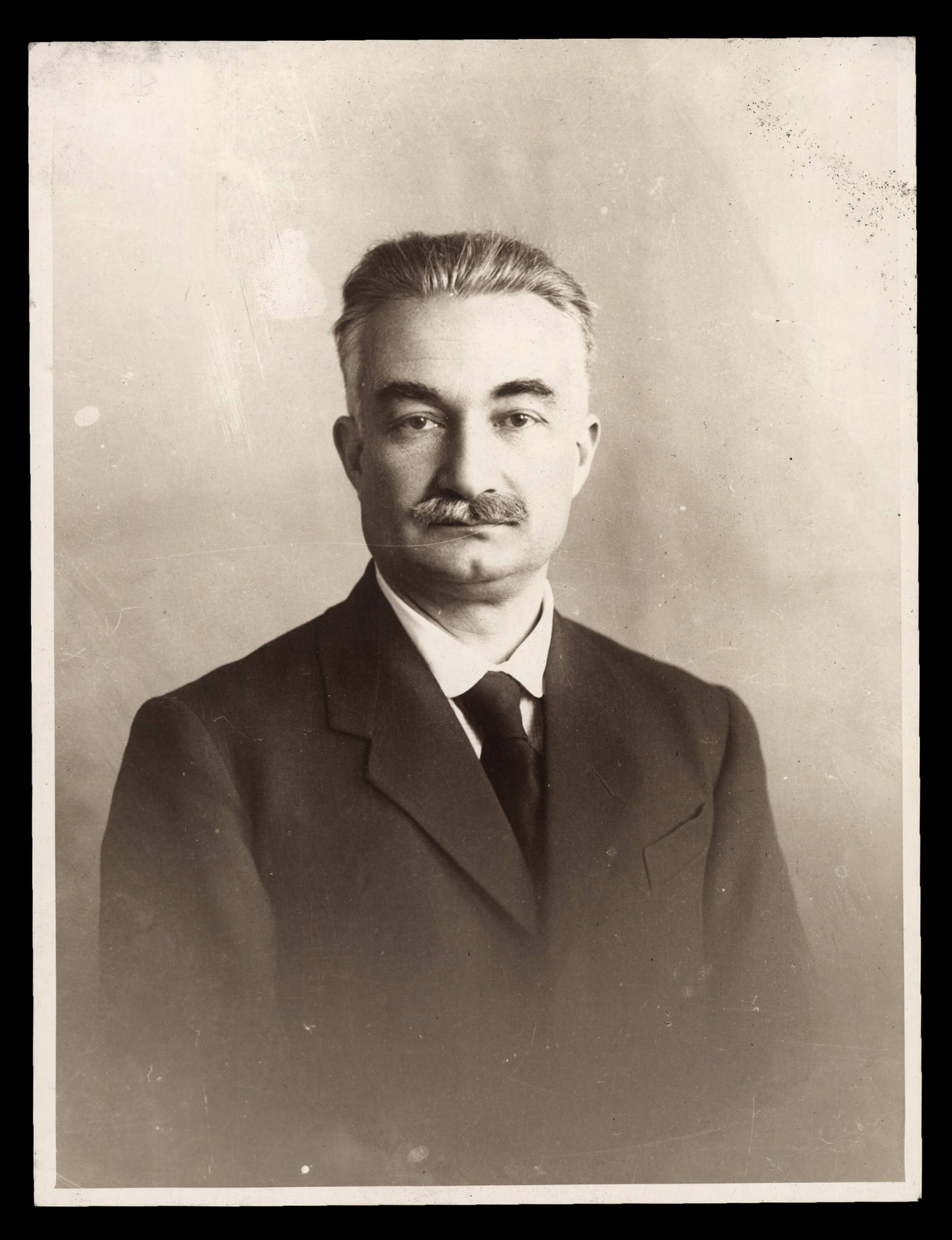
Ivane Javakhishvili during his tenure as Rector of Tbilisi University
Ivane Javakhishvili’s scientific legacy is vast and remarkably diverse. There is hardly a single field within Kartvelology to which he did not make a significant contribution. Georgian history, church history, ancient Georgian literature, source studies, paleography, numismatics, linguistics, ethnology, archeology, historical geography, and historiography — this is an incomplete list of the disciplines whose development is associated with Javakhishvili’s name. His fundamental works on the economic history of Georgia and the history of Georgian law remain textbooks for anyone working in these areas. No linguist researching the Georgian language can afford to overlook Javakhishvili’s linguistic writings, just as no scholar of Georgian music can ignore his work History of Georgian Music.
N_386-001a.jpg)
Ivane Javakhishvili's signature (on the title page of Main Issues in the History of Georgian Music)
Ivane Javakhishvili can rightfully be regarded as the founder of all the aforementioned fields in Georgia, as well as the pioneer of Georgian Armenology, Arab studies, and Iranology. It is also essential to highlight his significant contribution to the study of The Life of Kartli (Kartlis Tskhovreba).
Undoubtedly, Ivane Javakhishvili’s foremost goal was to write a scientifically grounded history of Georgia. He accomplished this through his monumental work The History of the Georgian Nation, on which generations of historians have been raised and continue to rely today. Two volumes were published during his lifetime (in different years), and after his death, four additional volumes were released, including extended sections covering the 13th–14th and 15th–16th centuries.
.jpg)
Ivane Javakhishvili’s Memorial Room at the Korneli Keklidze Georgian National Center for Manuscripts
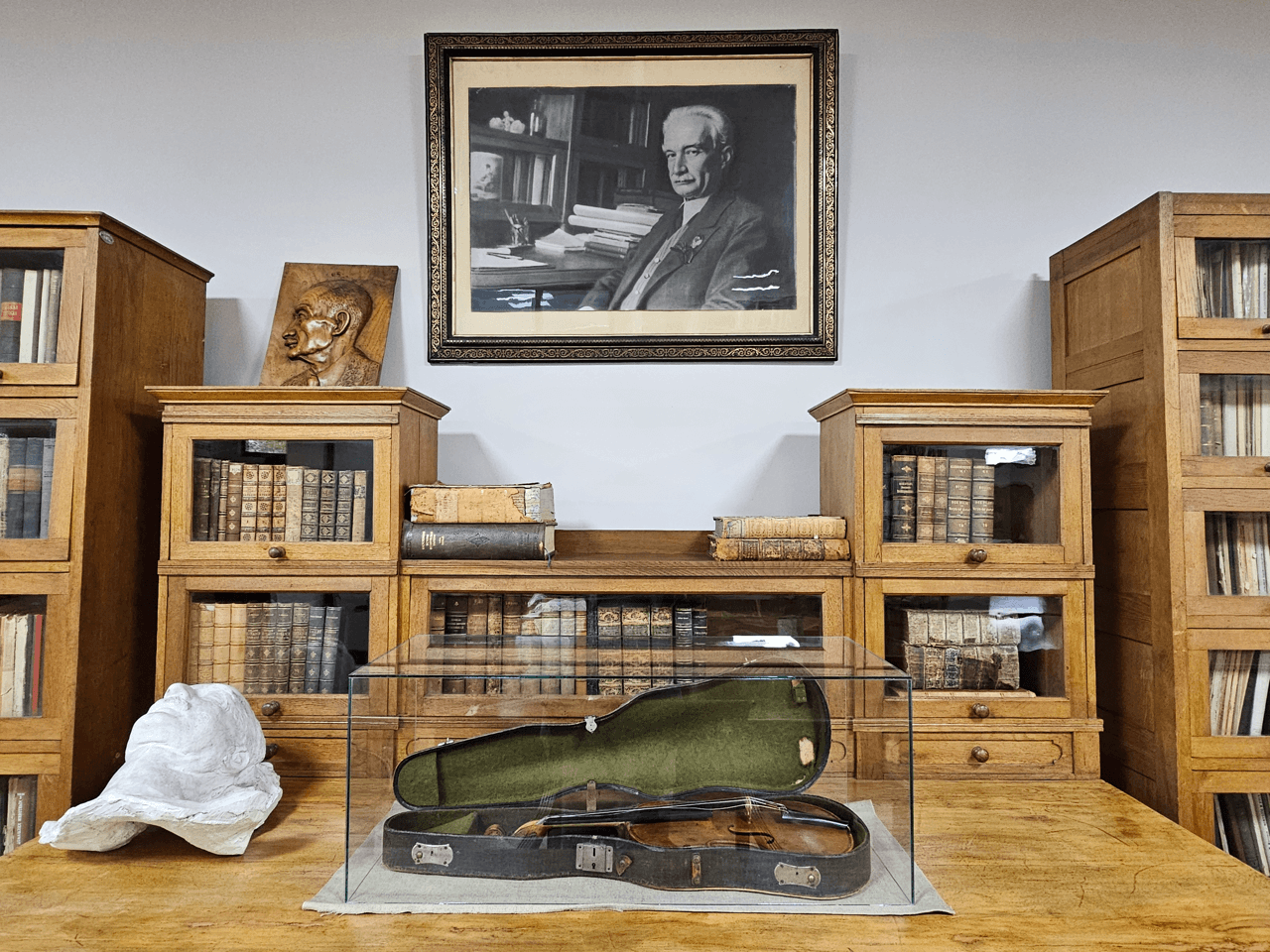
Ivane Javakhishvili’s Memorial Room at the Korneli Keklidze Georgian National Center for Manuscripts
Ivane Javakhishvili's warning to historians of all generations is exemplary: that every nation "must comprehend the history of its past social existence; it must ascertain, unequivocally, an accurate history, rather than an embellished, false one..." The eminent scientist based his works precisely on this principle.